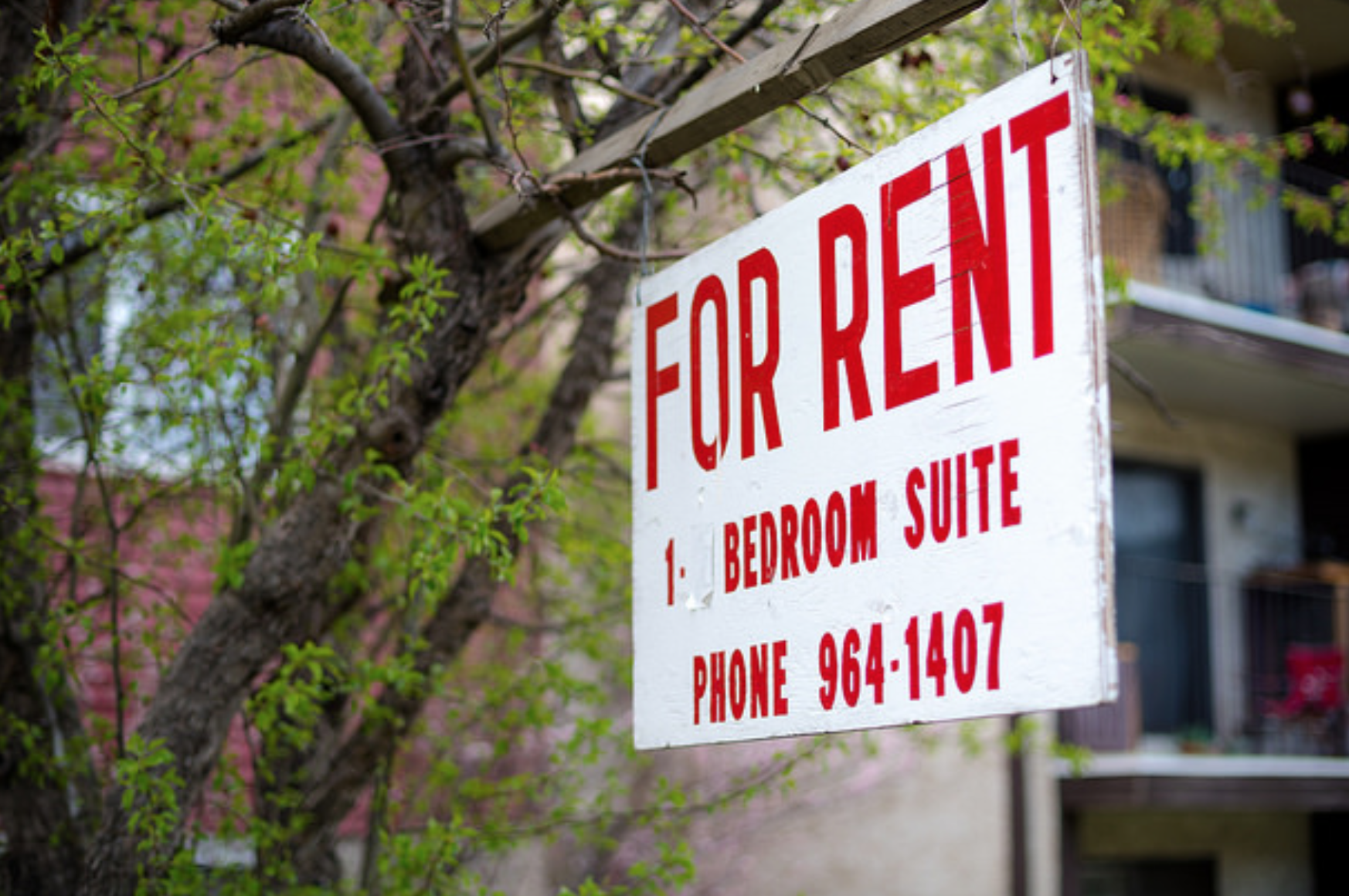Every state has a shortage of available and affordable rental units for extremely low-income renters. And each of the 50 largest metropolitan areas faces a shortage as well. That's according to the latest annual report from the National Low Income Housing Coalition, which looks at the number of available rental units that are also affordable for extremely low income households.
Extremely low-income households "face the largest shortage of affordable and available rental housing," according to the report, "and have more severe housing cost burdens than any other group." The report considers households below the federal poverty level or 30 percent of the area's median income – whichever is higher – to be extremely low-income. For a unit to be affordable, its rent and housing costs cannot exceed 30 percent of the household's income.
The Houston metropolitan area is among the worst housing markets for these renters, according to the report, with only 18 available and affordable units for every 100 extremely low income renter households. Houston tied with Orlando as the third worst of the top 50 major metropolitan areas falling behind Las Vegas and Los Angeles. Dallas and Austin were also among the top 10 metro areas with the most severe affordable rental shortage, according to the report.
Indeed, Texas was among the handful of states with the most severe shortages, including California, Nevada, Arizona, Colorado, Florida and more.
Nationally, extremely low income "households face a shortage of 7.4 million affordable and available rental homes."
Despite the belief that any increase in housing development can help ease affordability burdens for the all renters, including extremely low income households, the report argues that "housing rarely becomes cheap enough for them to afford."
Instead, the report continues, these households "are better served by deep subsidies determined by the tenant’s income. These subsidies cover the difference between a household’s rental cost and what the tenant can afford to pay, set at 30% of adjusted income."
Investing in other programs like the national Housing Trust Fund and tailoring low income housing tax credits to target extremely low income renters could also help ease the burden, according to the report.

